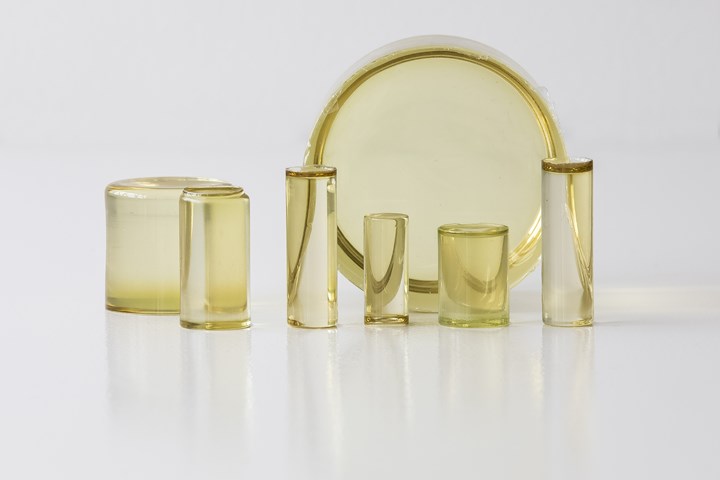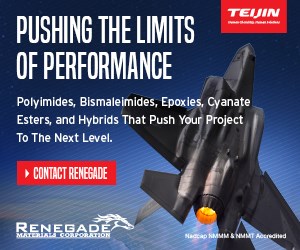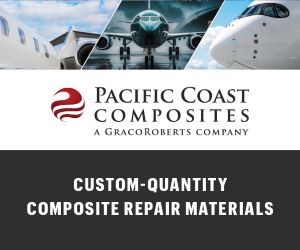CAMX 2022 exhibit preview: Demeta Solutions
Demeta exhibits NexTene PCX resin, Metton LMR and a PDCPD odorless polymer, realized through various collaborations for high-performance composite part production.
Demeta Solutions (Rennes, France) showcases its resin, NexTene PCX, at CAMX. Super tough with a low carbon footprint, NexTene is capable of producing high-performance glass fiber composites with many sought-after qualities in the industry, according to Demeta. Other notable qualities include NexTene’s low viscosity and adjustable pot life, which lead to cost-competitive, large and durable composite parts production. In partnership with Nippon Electric Glass (Shiga, Japan), NexTene and Nippon’s NEG HybonTM 2585 E-glass are said to deliver improved wetting, reactivity and mechanical properties to the reinforced part.
Demeta is also in a commercial partnership with Metton America Inc. (La Porte, Texas, U.S.), a chemical company focused on the development and commercialization of liquid molding resin (LMR). The partnership comprises an exclusive commercialization distribution agreement and a joint business development agreement. Metton LMR is designed to be a durable engineering plastic material, enabling production of complex, large or thick-molded panels. This material is known as a reference for truck, bus, construction and farming machinery. Based on dicyclopentadiene (DCPD) like Demeta’s NexTene, Metton LMR is synthesized using a different catalytic system from the one used by Demeta and reserved for reaction injection molding processes (RIM and R-RIM). Metton’s newest R-RIM grade, Metton 5000-GT, a high-modulus DCPD-based resin featuring a maintained impact resistance, can be discussed with experts at Demeta’s booth.
The company also highlights a joint venture with H+S Automotive (Baden-Württembergn, Germany), resulting in the production of odorless polydicyclopentadiene (PDCPD) parts for automotive interiors. PDCPD was a logical choice for a molded automotive sunroof frame because the frames must withstand challenging conditions while reducing the function’s weight by replacing steel. The sunroof frame, manufactured by H+S Automotive with NexTene — used for its light weight, resistance and aesthetic qualities — enabled a weight reduction from 1.8 kg to only 900 g with a positive impact on automobile fuel consumption and CO2 emissions. Likewise, it is said that there is an improvement in vehicular stability in high-speed curves as well as driver and passenger comfort.
Related Content
-
TU Munich develops cuboidal conformable tanks using carbon fiber composites for increased hydrogen storage
Flat tank enabling standard platform for BEV and FCEV uses thermoplastic and thermoset composites, overwrapped skeleton design in pursuit of 25% more H2 storage.
-
One-piece, one-shot, 17-meter wing spar for high-rate aircraft manufacture
GKN Aerospace has spent the last five years developing materials strategies and resin transfer molding (RTM) for an aircraft trailing edge wing spar for the Airbus Wing of Tomorrow program.
-
The potential for thermoplastic composite nacelles
Collins Aerospace draws on global team, decades of experience to demonstrate large, curved AFP and welded structures for the next generation of aircraft.














